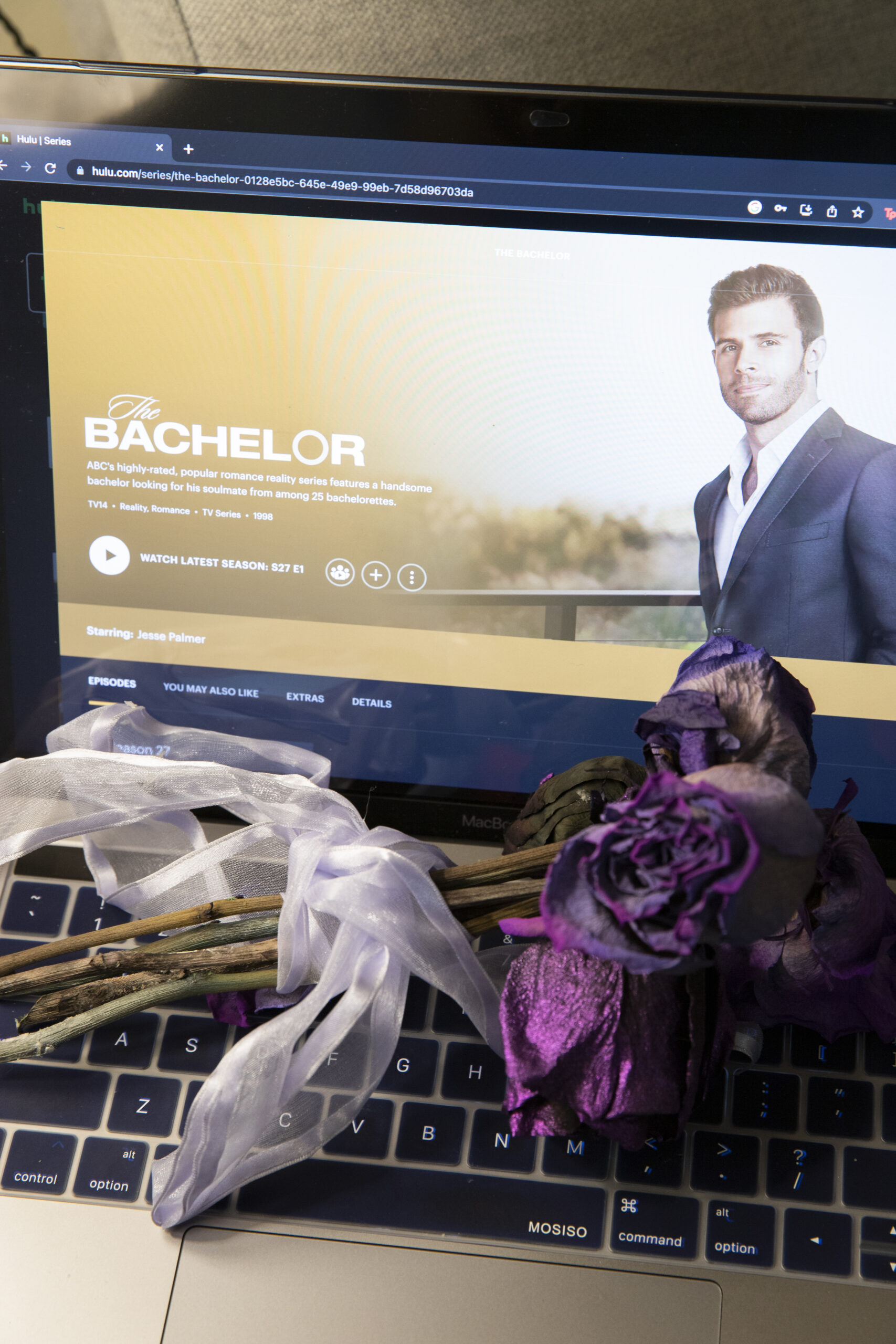
Is it love or is it simply good for ratings? Reality TV dating shows have taken the media by storm. Whether as early on as “The Bachelor” (2002) or as fresh and exciting as “Too Hot to Handle,” (2020) this form of entertainment seems to be the new way of finding love.
But the contestants of these shows seem to constantly have to jump through hoops to build connections that ultimately crumble. It makes viewers wonder why these people are subjecting themselves to these shows, often fighting to gain the affection of their fellow castmates. In turn, it begs the question: Is this how we should approach our love lives?
“Reality television dating shows have impacted how realistic expectations should be,” said Rolando Lopez, New York Film Academy alumnus. “People see how interactions are made on these shows and set a bar for themselves based on unrealistic behaviors. Beauty, lust and optics take center stage in how you should present yourself and because of that, many people change their approach to dating. These shows normalize speed dating and switching partners for the sake of finding ‘love,’ which does not contribute to long-term committed relationships in the real world.”
Relationships in the real world cannot be edited and put together to be a montage of perfection. There are real-life problems that couples may face, and it is unfair to portray something that is simply unattainable. The facade of reality-tv dating shows omits authentic quirks within relationships and awkward fi first-date moments and instead replaces them with perfect yacht dinners.
“In real day-to-day life, it is not all sunshine and rainbows all the time and perfectly planned dates,” said Mira Diaz, sophomore pre-nursing major. “People in real relationships go through hard times and that isn’t always portrayed in these shows.”
Some say that love is a losing game, but no one is lining you up to receive a rose every week to stay on their roster. The idealistic pressure of dating shows can often create expectations of having multiple suitors in real life. A dating world where everyone is perfectly good-looking and readily available, fighting for your endless affection, does not exist.
College campuses are full of young, single individuals and these examples portrayed on television promote hook-up culture and meaningless flings perpetuated by endless options. These themes, however, may translate differently on a Christian campus like CBU.
“I think that reality television gives an unrealistic expectation of what a relationship looks like and how someone should be treated,” said Sarah Ferrin, junior interior design major. “There is so much behind the scenes that they do not show us that gives us a skewed view.”
Ferrin is among the majority of the public that recognize that dating on TV is purely fiction, not fact. She said that she does not look to these shows to shape her dating life and that, if anything, certain things show her examples of what not to do. These sensationalized dates are fabricated by networks to “sell the romance.”
Well, viewers are not buying it.
Most viewers have recognized that the contestants that supposedly find love on these shows lose those same feelings for one another as soon as the reunion episode airs.
“I believe every one of them wants to be famous for something,” Lopez said. “Whether famous for being the jerk, the hunk, the player, the committed one or the next America’s sweetheart. Any real relationship hunting is secondary, and if they do find the love of their lives, it’s only fueled by the fame and slowly withers as the cameras turn.”


